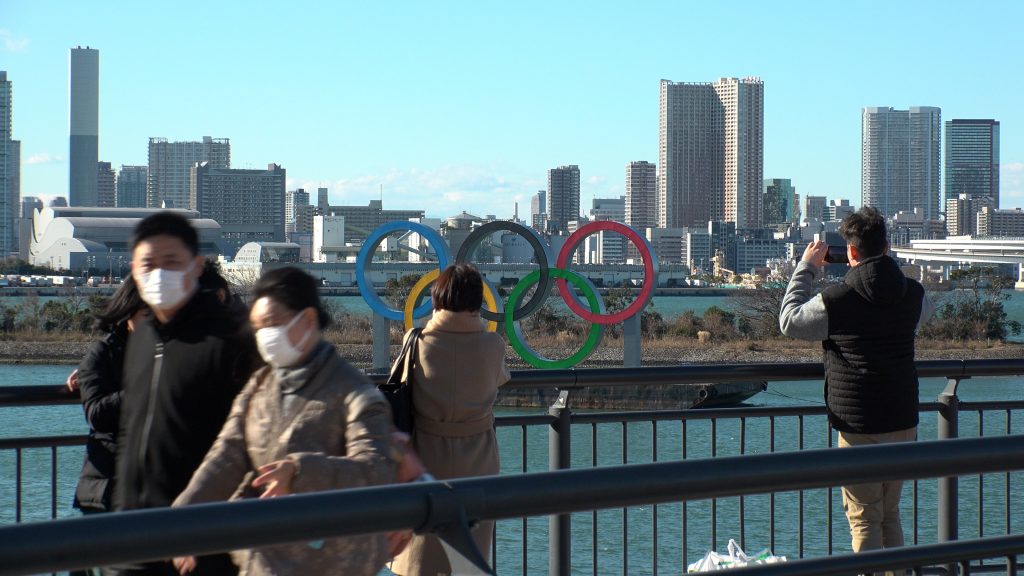
- ARAB NEWS
- 18 Aug 2025

TOKYO: The recent decision to hold most events of the Tokyo Olympic Games behind closed doors is causing confusion among volunteers and part-time workers who were set to assist spectators.
Games organizers and others Thursday decided that Olympic events be held at empty venues in Tokyo and three surrounding prefectures due to a fresh coronavirus state of emergency for the Japanese capital from Monday.
The organizing committee is rushing to reassign volunteers to different tasks with just two weeks before the July 23 opening ceremony.
Of the roughly 70,000 games volunteers who signed up to support the operation of tournament venues, over 16,000 were slated to guide spectators and check their tickets and luggage.
In addition, there are so-called city volunteers recruited to guide spectators at train stations near venues and at tourist spots. The number of city volunteers stands at 30,000 in Tokyo alone.
Information on part-time jobs involving guiding spectators to their seats, checking their temperatures and administering disinfectants could still be found on job information websites as of Friday.
The unprecedented ban on both foreign and domestic spectators at Olympic venues has eliminated most demand for services aimed at spectators and tourists.
In response to the news of the spectator ban in and around Tokyo, many volunteers expressed their disappointment on Twitter with comments such as, “Am I out of a job?” and “My heart is about to break.”
“I will lose my job,” said Yoichi Sugimoto, 56, a volunteer slated to guide spectators from a train station to the event venue in the city of Chiba, east of Tokyo. “I was appointed by the mayor, and I trained a lot.”
“I contacted the employing company, but I was told that it had not decided what to do yet,” said Kai Chikamoto, 22, a university student of Tokyo employed part-time to guide spectators inside a venue. “If there is something else I can do, I would like to do it.”
The Tokyo Games organizing committee said that it wants volunteers to help at other venues or in different capacities and that it will notify them as soon as alternatives are decided.
JIJI Press